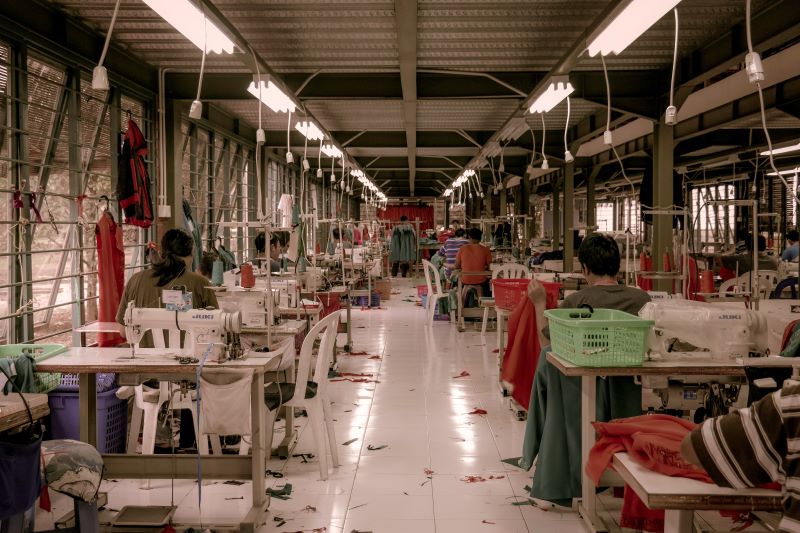From a consumer perspective, there has never been greater choice. The democratising effects of so-called “fast fashion” – rapidly produced, inexpensive, mass market garments – means that following design trends is no longer the preserve of a wealthy few. As a result, research by McKinsey & Company found that the average consumer bought 60% more clothing in 2014 than in 2000, but kept each garment half as long. Perhaps unsurprisingly, concerns have been mounting over the environmental and social impact of such changes.
The UN Environment Programme reported that the fashion industry produces 20 percent of global waste water and 10 percent of carbon emissions, more than international aviation and maritime transport combined. In terms of the raw materials used to produce apparel, cotton is particularly problematic because of the large quantities of land, water, fertilisers and pesticides required to produce it. Non-biodegradable alternatives, such as polyester, require less water and can be recycled. However, there is evidence that just one load of laundry containing polyester, nylon or acrylic clothing can discharge over 700,000 microplastic fibres into the water supply. These fibres are not only detrimental to sea life, they can also end up in the human food chain with as yet undetermined consequences.
The dyeing of fabric is another area of concern, with more than 1,900 chemicals used in the production of garments, of which 165 are classified by the EU as hazardous to health or the environment. Indeed, the UK Health and Safety Executive cautions that exposure to certain textile dyes can cause respiratory problems, skin complaints and, in the case of benzidine based products, cancer.
In textile producing countries were health and safety standards are lax, garment workers are frequently exposed to such toxins. Runoff from the dyeing process can pollute waterways and disrupt ecosystems affecting the wider community. It is also a thirsty activity, frequently requiring a 1-to-30 dye-to-water ratio. This has led to reports of factories exhausting local water supplies.
The problems do not end once the product has been produced, as it must then be transported to the point of sale. In an increasingly globalized world, this may necessitate a journey of thousands of miles. The environmental impact of this stage has been significantly reduced though the work of key industry players improving their flow of goods…
Click here to view the full document.


